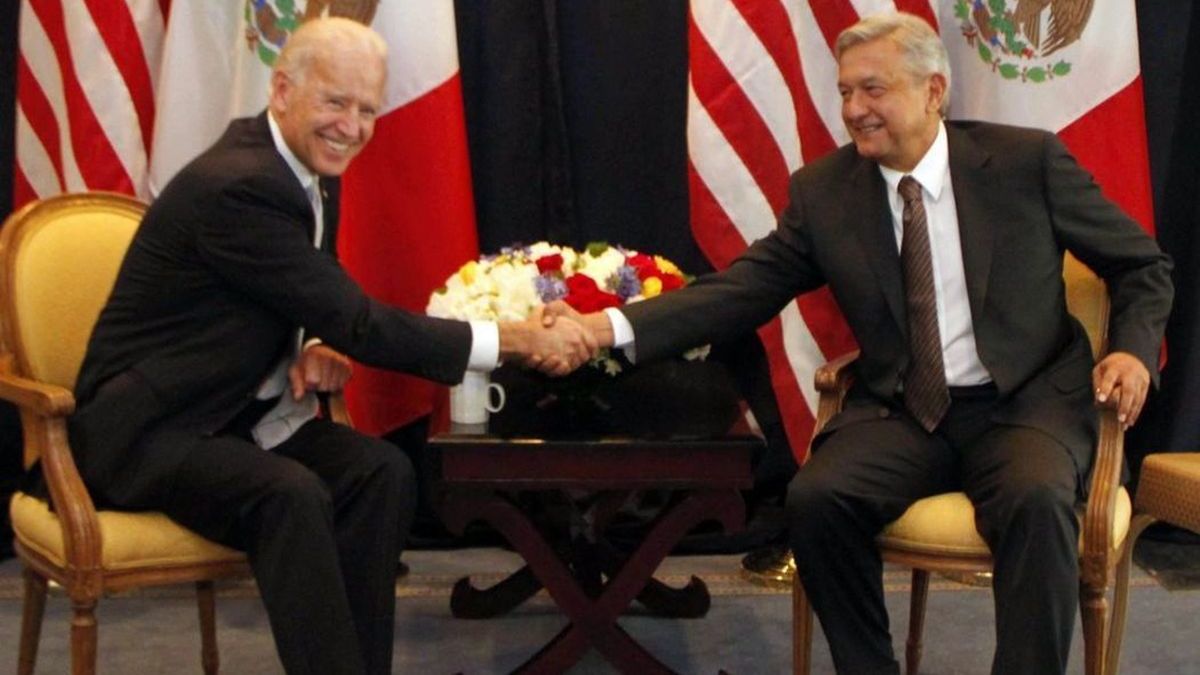López Obrador was questioned about the criticism against this constitutional reform, among them that it would be contrary to international commitments assumed by Mexico.
Both the United States and Canada have expressed their concern about the potential impact that this reform would have on North American private investments if it is approved.
Since he assumed power in December 2018, López Obrador has been determined to strengthen the role of the State in the energy sector in Mexico, which has generated clashes between the government and the business sector.
The president reiterated this Wednesday that this reform seeks Strengthen the state Federal Electricity Commission (CFE), especially in power generation.
Under the current legal framework, the CFE acquires a large part of the electricity it distributes in Mexico from private companies.
Critics of the reform have indicated that the CFE would return to producing energy with fuel oil and coal, highly polluting, but López Obrador assures that its objective is modernize CFE’s hydroelectric plants.
Brunette, the president’s party, dominates the Congress bicameral but being a constitutional reform requires the votes of two thirds of the legislators present, which forces the ruling party to negotiate alliances with the opposition.
López Obrador’s energy policy suffered a setback last May after a judge suspended the application of a reform to the law national from hydrocarbons, approved in April by the ruling party, arguing that it could affect “competition and free competition” in the industry.
David William is a talented author who has made a name for himself in the world of writing. He is a professional author who writes on a wide range of topics, from general interest to opinion news. David is currently working as a writer at 24 hours worlds where he brings his unique perspective and in-depth research to his articles, making them both informative and engaging.



